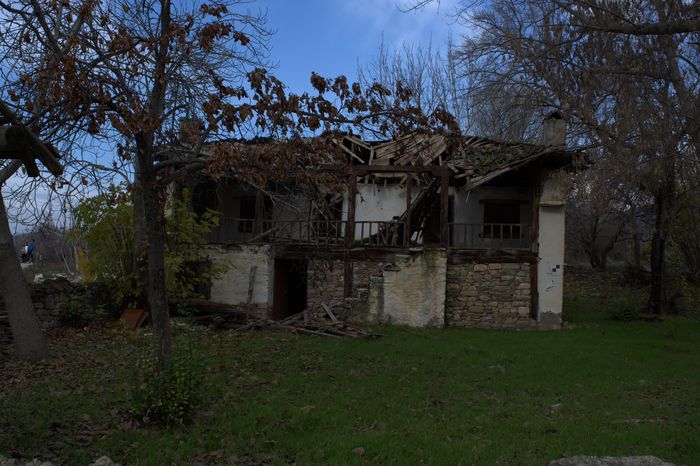Furthermore he committed an inconceivable number of murders for the same cause: for in his zeal to gather all men into one Christian doctrine, he recklessly killed all who dissented, and this too he did in the name of piety. For he did not call it homicide, when those who perished happened to be of a belief that was different from his own.
So quenchless was his thirst for human blood; and with his wife, intent on this end, he neglected no possible excuse for slaughter.
For these two were almost twins in their desires, though they pretended to differ: they were both scoundrels, however they affected to oppose each other, and thus destroyed their subjects. The man was lighter in character than a cloud of dust, and could be led to do anything any man wished him to do, so long as the matter did not require philanthropy or generosity. Flattery he swallowed whole, and his courtiers had no difficulty in persuading him that he was destined to rise as high as the sun and walk upon the clouds.
Tribonian
Once, indeed, Tribonian, who was sitting beside him, said his greatest fear was that Justinian some day by reason of his piety would be carried off to heaven and vanish in a chariot of fire. Such praise, if not irony, as this he treasured fondly in his mind.
Yet if he ever remarked on any man’s virtue, he would soon revile him as a villain; and whenever he abused any of his subjects, he would next as inconsistently commend him, with no reason for the change. For what he thought was always the opposite of what he said and wished to seem to think.
How he was affected by friendship or enmity I have indicated by the evidence of his actions. For as a foe he was relentless and unswerving, and to his friends he was inconstant. Thus he ruined recklessly most of those who were loyal to him, but never became a friend to any whom he hated.
Even those who seemed to be his nearest and dearest associates he betrayed, and after no long time, to please his wife or anybody else, though he was well aware that it was only because of their devotion to him that they perished. For he was openly faithless in everything, except indeed to inhumanity and avarice. From these ideals no man could divert him. Whatever his wife could not otherwise induce him to do, by suggesting the great profits to be hoped for in the matter she intended, she led him willingly to undertake.
Read More about A Brown Woman part 2








